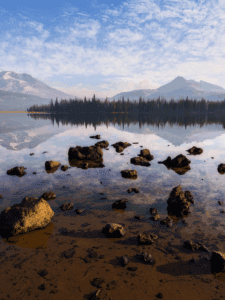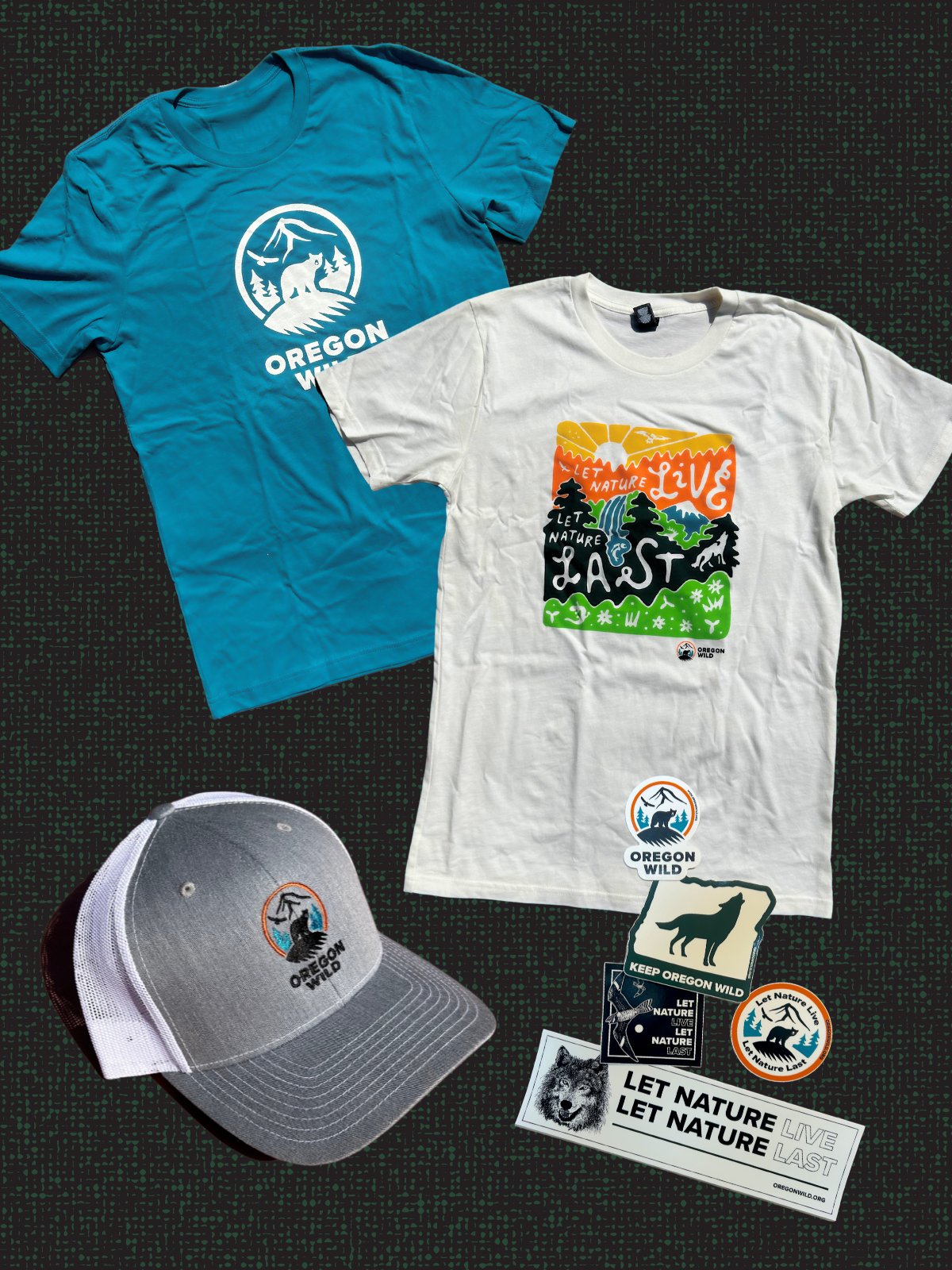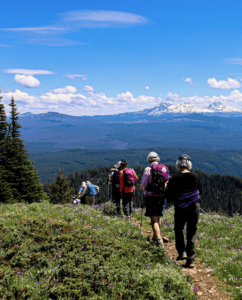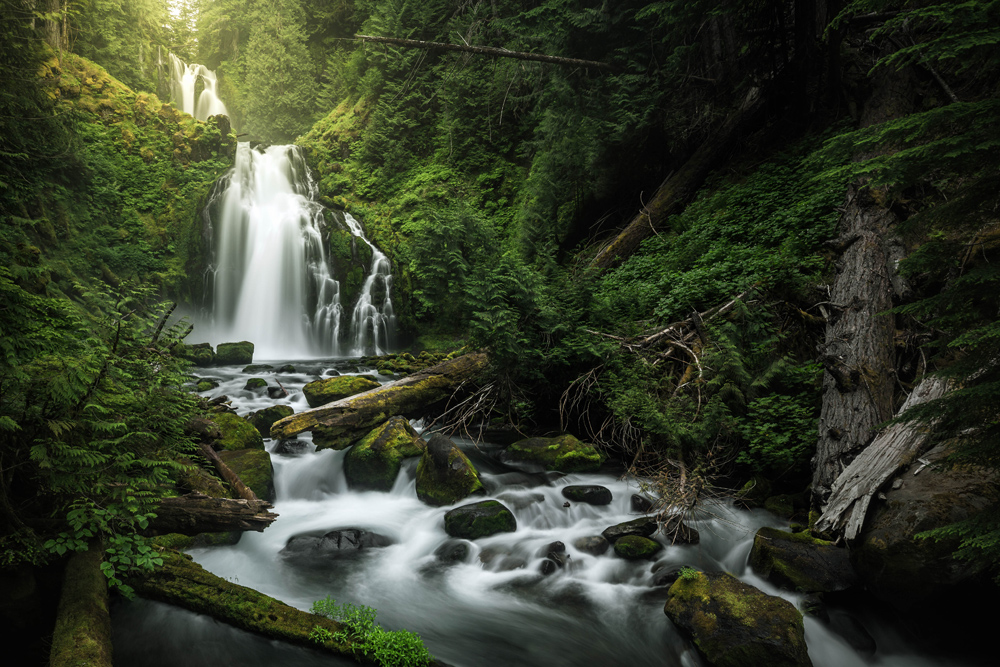Leave No Trace
We all need to do our part to be responsible to the outdoor spaces we share with each other, wildlife, plants, and water. The principles of Leave No Trace should be applied whenever you’re enjoying the outdoors.
- Plan ahead and prepare
- Travel and camp on durable surfaces
- Dispose of waste properly
- Leave what you find
- Minimize campfire impacts
- Respect wildlife
- Be considerate of others
Learn more about all of these at Leave No Trace.
Preventing human-caused wildfire
One of the most important ways to be a responsible outdoor user is to prevent wildfires. Most wildfires are caused by careless humans, causing needless damage to recreation areas and private property, adding smoke to the air, and adding a burden to firefighters. For the safety of other outdoor enthusiasts and nearby communities, please be extremely careful with fire and follow all local requirements and restrictions.
Trail etiquette
When on the trail, it’s best to follow the golden rule when it comes to other trail users: treat them as you would like to be treated.
- Keep loud voices and noises to a minimum and let nature’s sounds prevail.
- Keep dogs under control. Dogs can be great companions on hikes, but it’s important to realize that they can have an impact on plants, wildlife, and other trail users. It is best to keep dogs on-leash and on-trail to prevent conflicts and ecological damage.
- Sharing the trail. Many trails are used by people on horseback, mountain bikes, and sometimes even motorized vehicles. Regulations for each trail are often posted at the trailhead. To avoid conflict, be aware of your surroundings and follow right-of-way etiquette:
- Hikers going uphill are working hard and should be given the right of way over hikers coming downhill. Sometimes uphill hikers will prefer to stop and let you pass coming down so they can get a short break. The uphill hiker should get to make the call. Hikers should yield to backpackers.
- Get off the trail on the downhill side when horses or other livestock approach. Quietly greet the rider and ask if you are ok where you are. Hold still, but do not hide, until they are past. Speaking softly in a calm voice will help stock animals identify you as human and not a “pack monster.”
- Watch and listen for mountain bikers, which can move quite quickly. Bikes should generally yield to hikers, but if it makes sense in the moment, step off the trail to let bikes go by.




